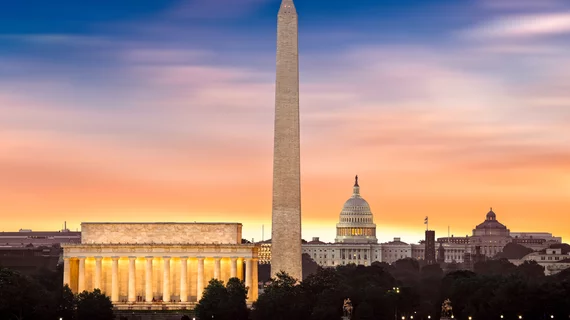ACR ‘disappointed’ as feds finalize policy that could cost field billions
Radiology industry advocates expressed disappointment on Friday, Nov. 1, after federal officials finalized a policy that industry advocates said could cost the imaging field billions.
The Centers for Medicare & Medicaid Services recently released the final Medicare Physician Fee Schedule for 2020, which will take effect on Jan. 1. One aspect of the now finalized rule has drawn ire from the American College of Radiology, which estimated that changes could cut radiology payment by $450 million in one year alone, and $5.6 billion over the next decade.
Concerns stem from CMS’ plan to boost reimbursement for care-related Evaluation and Management (E/M) by about $5 billion. An analysis commissioned by the College found that increasing the valuation for E/M services in a budget-neutral world would mean cuts to reimbursement for radiologists and other providers who typically do not use such codes.
In a summary of the final rule released Friday, the ACR said it’s “disappointed” that CMS chose to move forward with such modifications, despite those concerns.
“These changes will result in significant payment reductions to radiology services in 2021 unless Congress acts to suspend the budget neutrality requirement,” the College wrote in its summary. “The ACR will use every avenue available to work with Congress to modify the impact of these changes.”
Last month at the ACR’s urging, thousands of radiologists reached out to members of the U.S. House, asking Congress to help minimize the damage caused by the policy change and possibly suspend budget neutrality considerations.
The eight-page summary details several other ways in which the Medicare Physician Fee Schedule will impact radiologists, including updated payment codes and an increased conversion factor. You can read it here, along with a CMS fact sheet on the final rule.

